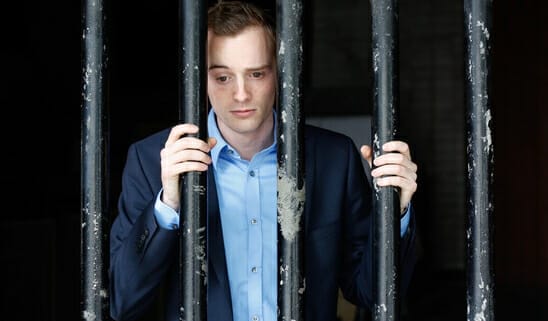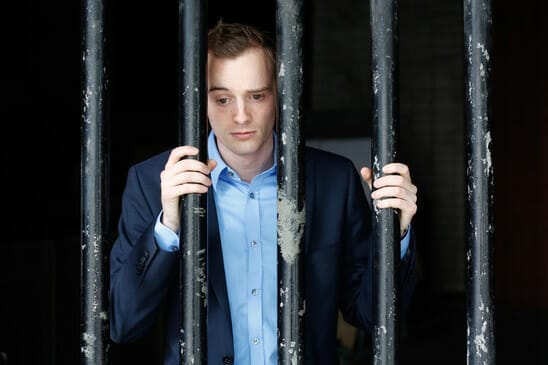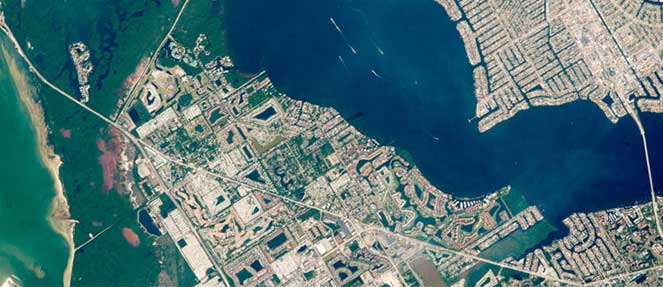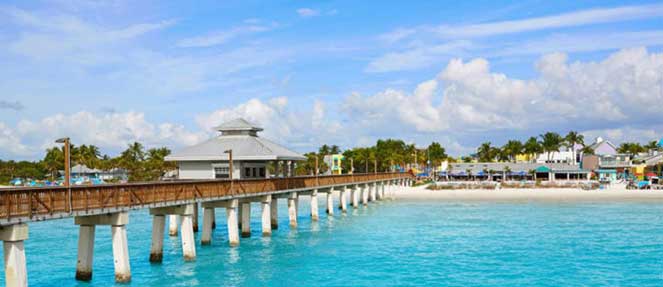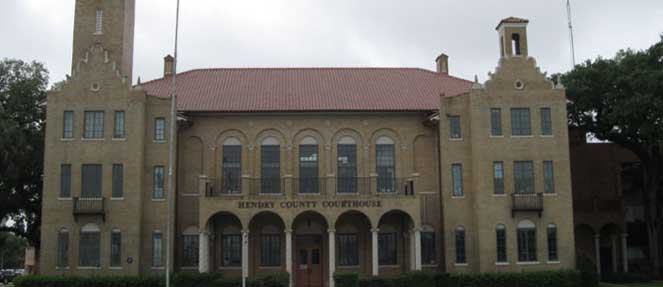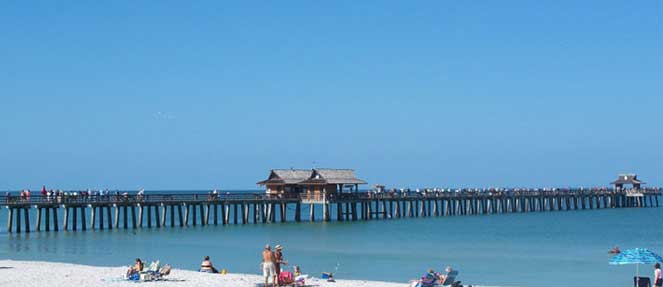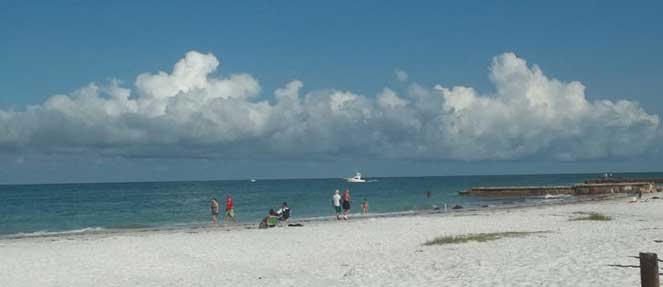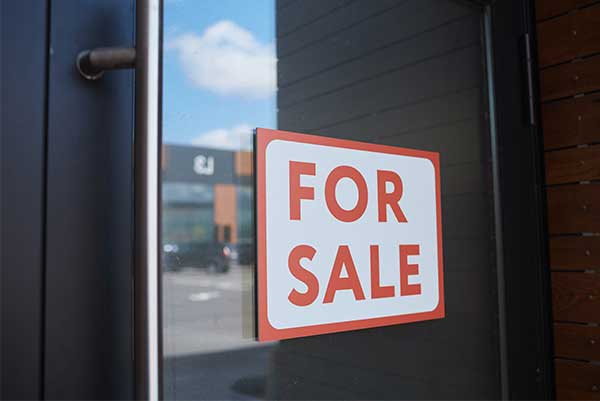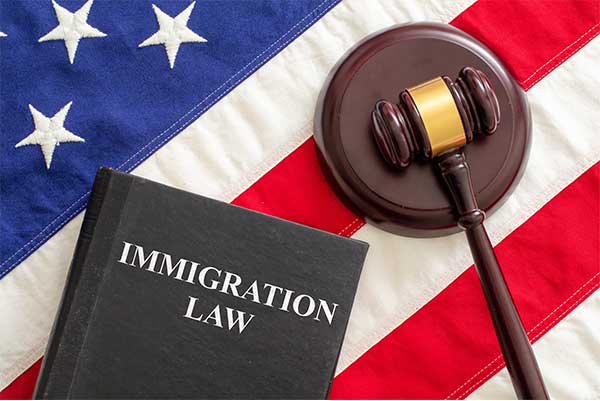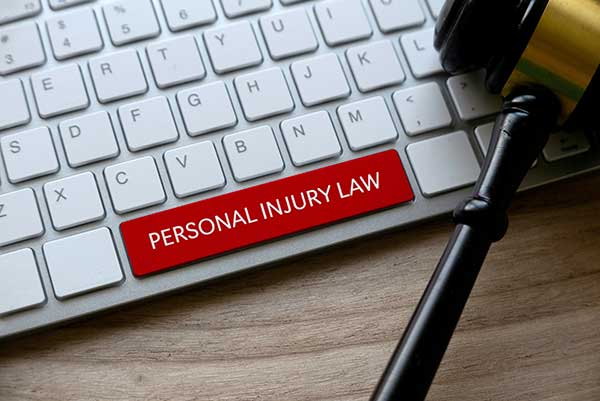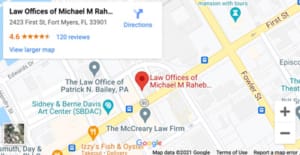How Domestic Violence Protection Orders Work in Florida
According to WomensLaw.org, domestic abuse is a common offense in Florida, and a conviction comes with severe penalties. While domestic violence could be deterred through the installation of something like a Security Camera System, there are still around over a million reported cases of domestic violence in America each year. In addition to fines and potential jail time, people who face these accusations may have to comply with a domestic violence protection order.
These court orders are legal documents that aim to protect a person from ongoing violence. The court may require that the alleged abuser cease all contact with the alleged victim.
If a protection order has been issued against you, then you may have to relocate. If the alleged victim was a child, then the order may require that you stay a certain distance from his or her school.
If you are facing domestic abuse charges, The Law Offices of Michael M. Raheb P.A. can help. Naples criminal lawyer Michael M. Raheb can answer your questions, evaluate your case and plan your defense.
Call us today at 866-949-0888 to schedule an appointment. In the meantime, read on to learn the implications of a domestic violence protection order in Florida:
What Acts Warrant a Domestic Violence Protection Order?
According to Florida Statutes, a court may issue a protection order if a family member or member of a household commits specific violent acts against another household member. These acts include any form of assault, battery, stalking or kidnapping. These orders can also stem from sexual offenses, or any act that causes injury.
Domestic violence protection orders are specifically for people who have some type of relationship with the accused. This is typically the spouse, either former or current, a relative or in-law, someone who lives with the victim as a co-habitant, or a child’s other parent.
What Will the Order Cover?
According to WomensLaw.org, a domestic violence injunction may have two purposes. First, it will restrict the abuser from doing certain acts, such as abusing the victim, or making physical or telephonic contact. The order may also instruct the accused to perform certain actions, such as leaving the family household or paying temporary child support.
Second, a domestic violence protection order can give the victim certain rights, such as temporary custody of any children.
Violating Protection Orders
If an abuser violates a protection order, then police can arrest the accused. Violation of a protection order is a first-degree misdemeanor in the state of Florida.
Even if police do not arrest the accused, the victim may file a petition stating that the accused violated the terms of the order. The clerk of court will send this petition to the state attorney, who may take action against the accused.
The court may also order that the accused attends a batterers’ treatment program, and may award damages to the victim.
If you are facing domestic violence charges in Florida, it is important to take them seriously. A conviction may come with time behind bars, a loss of child custody and other penalties.
Attorney Michael M. Raheb can evaluate your case and plan your defense. To schedule an appointment, call the Law Offices of Michael M. Raheb, P.A. at 866-949-0888 today.

